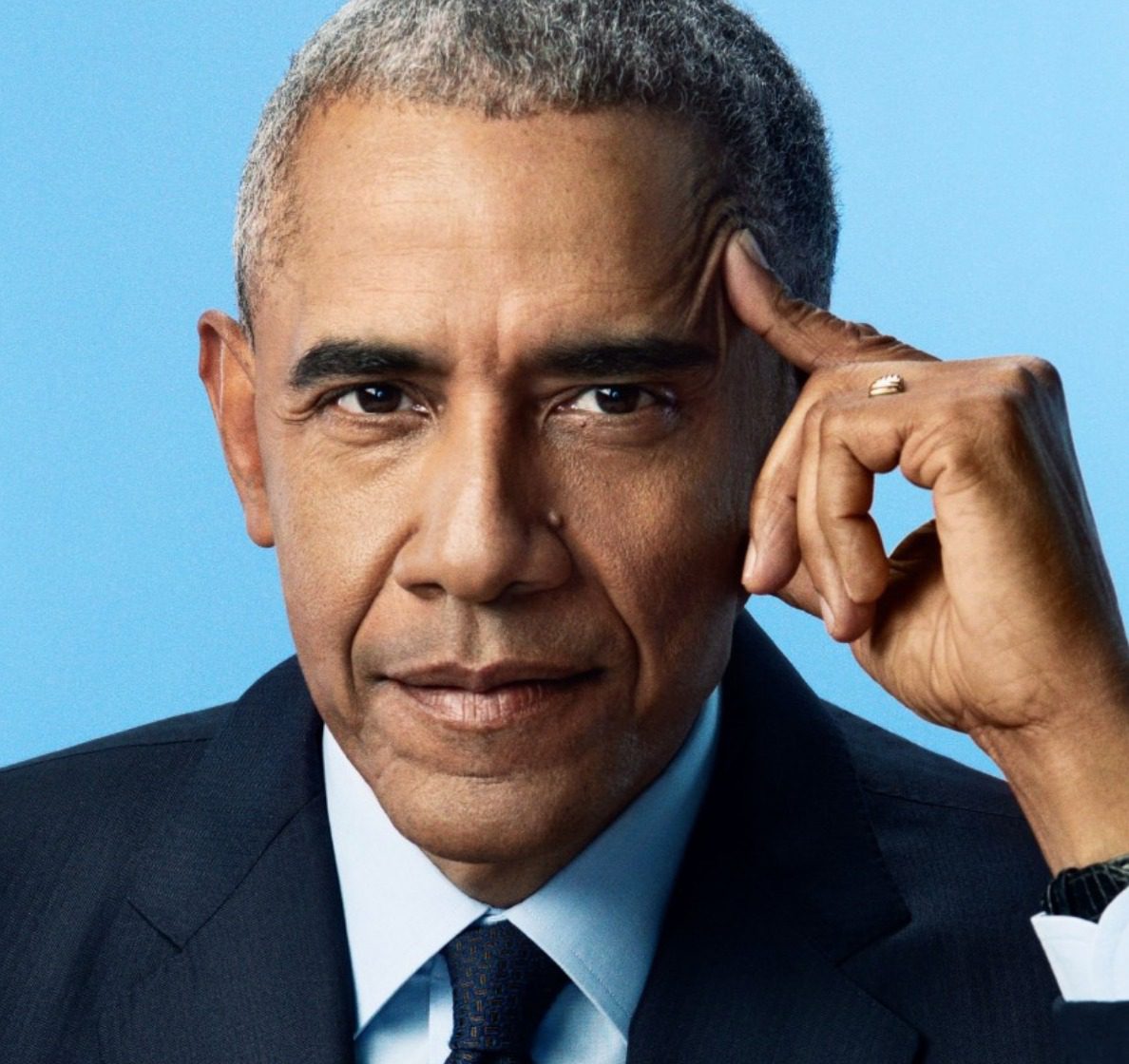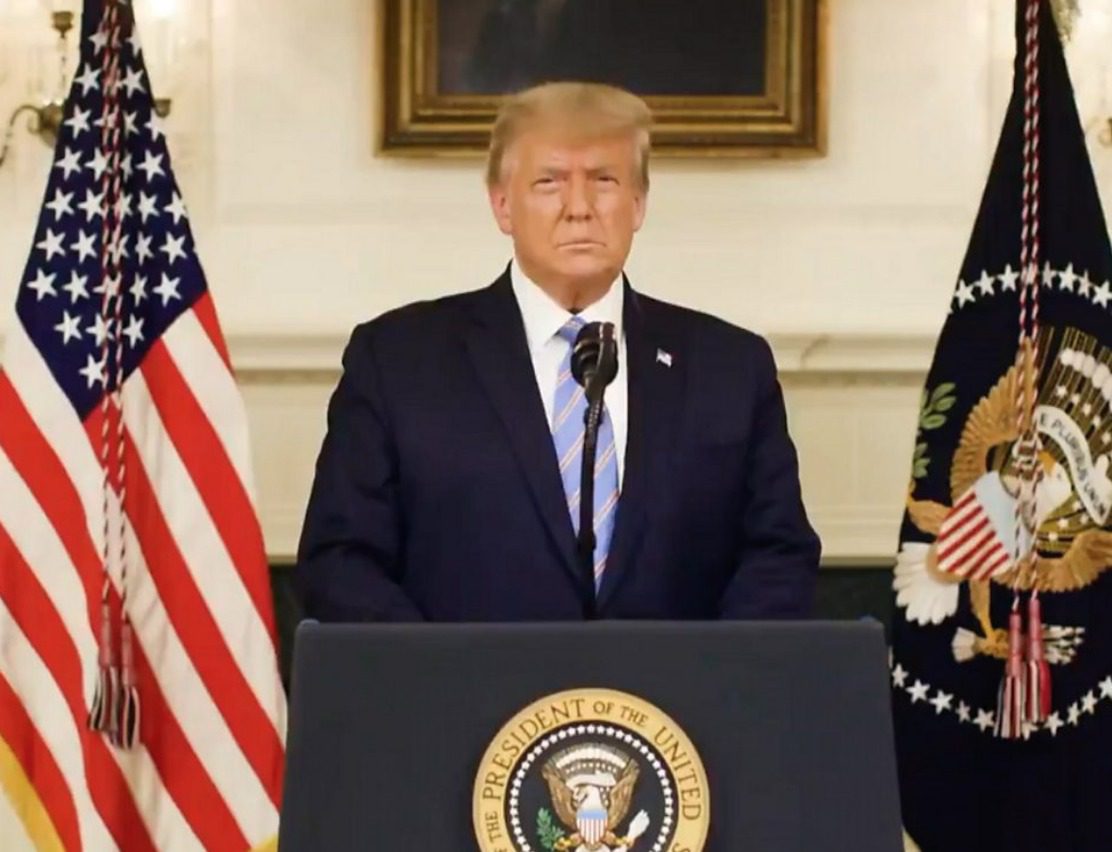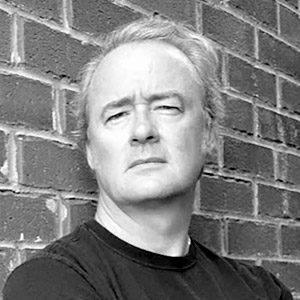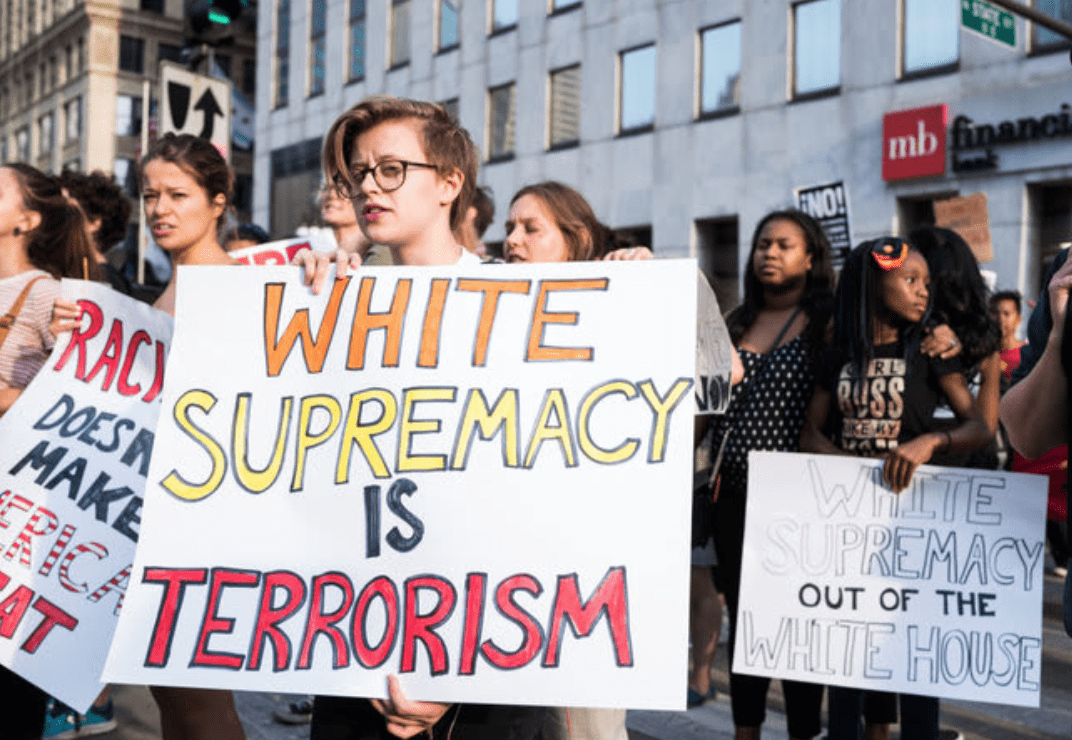Former president Barack Obama's memoir, A Promised Land, was a gift just before the holiday season, a token of celebration for my own election win as a municipal councillor in my hometown of Bradford West Gwillimbury, Ontario.
I read it over the holidays.
The book is remarkably candid and introspective, with the former president revealing his own times of self-doubt, his readings as a young man, even some of his more profane reactions to the inanity of American politics.
The prose is clear and direct, and the narrative starts out setting the scene by recanvassing some of the intellectual wrestling Obama chronicled in more detail in his coming-of-age memoir, Dreams From My Father. In that earlier book, he tells his story as a meditation on race in America; in this autobiography, he extends the frame to explore the American dream (in some ways it makes a great companion read to Jill Lepore's seminal These Truths about the philosophical underpinnings of the first modern democracy).
Indeed, as The Times correspondent writes, "The scholar Fred Kaplan… has drawn parallels between Abraham Lincoln and Mr. Obama, pointing out that they share a mastery of language… Like Lincoln's, Mr. Obama's voice — in person and on the page — is an elastic one, by turns colloquial and eloquent, humorous and pensive, and accommodating both common-sense arguments and melancholy meditations."
There's a particularly interesting section about his "monastic" college years early on in the book, or as The New York Times put it: "Not only did he read books voraciously, but he inhaled and synthesized the ideas he found in them, assimilating ones that resonated with his personal experiences and values".
From this extended introduction, he tells the story of his epic primary battle against Hillary Clinton and the presidential campaign. The bulk of the book is episodic: explaining the machinations of the first three years in office in focused chapters.
From the back and forth of congressional negotiations over the flurry of bills in his first two years, to international affairs — including a behind-the-scenes of the Copenhagen climate conference arm wrestling to reach a deal — the book culminates in the real-world thriller of the final hunt for Osama bin Laden.
In a truly cinematic moment, Obama reveals how he felt walking into the White House Correspondents' dinner to roast reality TV blowhard Donald Trump, even as the operation to take out bin Laden was underway. The scene takes greater poignancy four years after Trump's disastrous presidency.
Left unstated is the alien nature after Trump of Obama's technocratic, almost seminar-like decision making. On the one hand, that level of rigour would be a welcome change. On the other, Obama's presidency, for all it's incremental and lasting progress, feels like a distant past where elites tried to move the ball down the field, committed to bipartisanship and Washington shibboleths, when what the populace needed was more revolutionary change.
As his vice-president prepares to take the presidency this month, there are already signs Joe Biden sees his role as Obama 2.0, but with more of a focus on those who feel left behind by the modern economy that has resulted in a new "Gilded Age" in the 2020s between well-off elites and those who feel they are falling out of the middle class.
How Obama handles that tension in his next memoir will be truly fascinating. He was not perfect, but Shakespeare could have been writing about him when he penned these famous words between Hamlet and Horatio:
"I saw him once. He was a goodly king.
He was a man. Take him for all in all.
I shall not look upon his like again."
Photo Credit: Los Angeles Times










